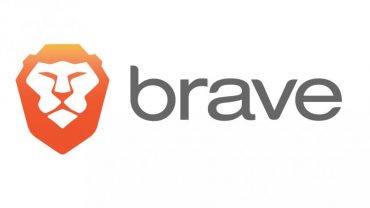US Law Enforcement Launch Money Laundering Investigation of Danske Bank
According to the Wall Street Journal, US law enforcement agencies have started their money laundering investigation of Danske Bank, Denmark’s largest bank. Citigroup and Deutsche are also under suspicion. Danske Bank is also currently under investigation in Denmark and Estonia regarding allegations that its CEO reportedly ignored warnings of suspicious transactions.
The Wall Street Journal reported last week that “The US Justice Department, Treasury Department, and Securities and Exchange Commission (SEC) are each examining Danske Bank after a confidential whistleblower complaint was filed to the SEC more than two years ago,” quoting a person familiar with the matter.
According to persons familiar with the investigations, “US law enforcement agencies are probing Denmark’s largest bank over allegations of massive money laundering flows from Russia and former Soviet states… US involvement in the case greatly raises the stakes for Danske Bank.”
Approximately $150 billion is suspected to have flowed through non-Estonian customer accounts held at Danske Bank’s Estonian branch from 2007 to 2015 from countries like Azerbaijan, Moldova and Russia. Reports indicate that the investigators have not revealed if the entire amount should be viewed as suspicious.
Reuters also reported that the US has yet to officially confirm that it is investigating Danske Bank. Two weeks ago, Marshall Billingslea, U.S Department of the Treasury’s Assistant Secretary for Terrorist Financing, told Danish daily Berlingske “We are following this case very closely.”
In addition, the Wall Street Journal elaborated that the US Treasury can restrict the supply of US dollars to foreign banks and the Treasury and Justice Department can fine banks.
As reported by Financial Times, Danske Bank’s CEO, Thomas Borgen, ignored calls to scale back business at the Estonian branch when warned of money laundering activities. The minutes seen by the news outlet reveals that the CEO was informed at a meeting in October 2013 that, “The level of activity in its Estonian branch from outside the country – mostly from ex-Soviet states and Russia – was higher than that of rivals and needed to be reviewed and potentially reduced.”
Quoting the person familiar with probes, the Wall Street Journal also reported “The whistleblower complaint identified Deutsche Bank AG and Citigroup Inc., both overseen by US regulator, as involved with transactions into and out of Danske Bank’s Estonian branch.” The person told the publication that Deutsche Bank acted as a correspondent bank for Danske, handling dollar wire transfers while Citigroup’s Moscow office was involved in some of the transfers through Danske Bank’s Estonian branch.





